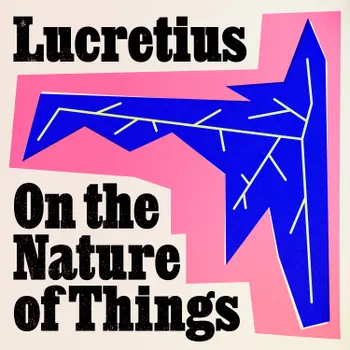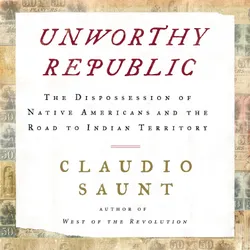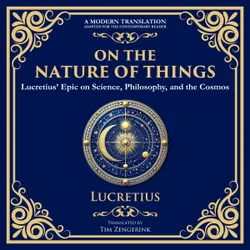"The greatest wealth is to live content with little."
On the Nature of Things (or De Rerum Natura) was written in the first century BCE by the Roman poet and philosopher Lucretius with the goal of explaining Epicurean philosophy—which emphasises the importance of understanding the natural world to achieve peace of mind and happiness—to a Roman audience.
The work is structured as a continuous poem divided into six books in which the author details his arguments using vivid imagery and poetic language, allowing him to convey complex ideas in an accessible and engaging manner. Lucretius' ideas about matter and the natural world predate, and arguably anticipate, many modern scientific concepts and challenged his audience to think critically about their beliefs and the nature of existence, encouraging a philosophy grounded in rational inquiry and empirical observation.
Titus Lucretius Carus, commonly known as Lucretius, was likely born in Rome around 99 BCE and died circa 55 BCE. He was educated in Philosophy, particularly influenced by the teachings of Epicurus, whose ideas on physics, ethics, and the nature of the universe profoundly shaped his world-view. On the Nature of Things is his only surviving work.

















